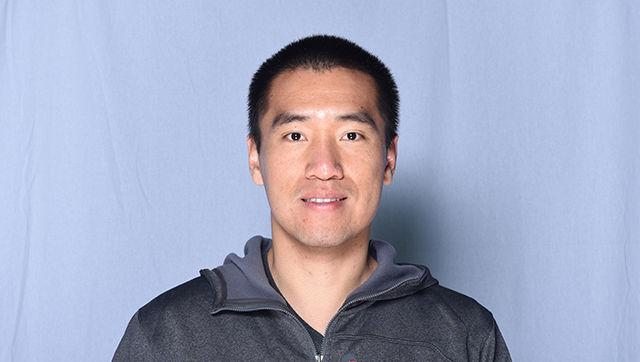The University of Chicago has stood up and defied the current political climate by issuing a letter to the class of 2020 that the university does not support any “trigger warnings and safe space.” Last week, Dean of Students John Ellison at the University of Chicago told incoming freshmen, “Our commitment to academic freedom means that we do not support so-called ‘trigger warnings,’ we do not cancel invited speakers because their topics might prove controversial, and we do not condone the creation of intellectual ‘safe spaces’ where individuals can retreat from ideas and perspectives at odds with their own.”
The university’s letter has been seen by commentators as a bold move to combat political correctness. The New York Times reported that the letter was an effort to “strike back against campus political correctness.” This is the part that confuses many as the university’s letter does not explicitly mention the word “political correctness,” nor does it say its devotion to academic freedom is to fight against political correctness.
The relationship between free speech and political correctness has become increasingly strained after the presidential election cycle kicked off. Republican candidate Donald Trump has repeatedly used insulting language to women and minorities showing his determination not to follow what he perceives as “political correctness.” He implies that free speech means it is perfectly fine to insult people and swear at them.
Unambiguously understanding the origin of political correctness will help clarify its relation to free speech. As Bill Lind puts it, political correctness is essentially a cultural Marxist and totalitarian ideology that draws a red line; whoever dares to cross it would have significant consequences and even punishments. Political correctness in totalitarian countries defends and maintains authoritarian ruling. While in the West, it intends to encourage people to forge civility in a community and respect minorities.
Mutual respect should be the norm of any civil society, but some groups and organizations have often exploited political correctness to stifle exchange of ideas and criticism that they don’t see fit. Political correctness has gone rampant in many higher education institutions whose mission is supposed to encourage questioning the authority. The Chicago Tribune cited several examples of how colleges rejected controversial speakers, or canceled talks that school officials think that might make some students uncomfortable in the past several years.
One of the recent examples was when former Secretary of State Condoleezza Rice declined to speak at the 2014 commencement for Rutgers University after some students and faculty members protested and called her “war criminal” in reference to the Iraq war, according to The New York Times. Despite all the controversial decisions during her tenure, Rice nonetheless is the one of the most influential experts in foreign policy. Students could disagree with her ideas and decision, but should not deprive the rights of those who wanted to listen to her speech.
What the University of Chicago refers to as academic freedom is by no means a sanctuary where free speech has no boundary, and people like Donald Trump could exploit it to insult and make personal attack. The boundary of free speech still exists, but in a hidden form imposed by each individual’s conscience, not by explicit rules. One certainly is able to abuse it and use offensive language not based in evidence, but consequently that would lose an audience’s trust and interest. What the University of Chicago defends is that the rights of criticizing ideas, not making personal attacks and insults to a certain group of people.
The idea of education is to revolutionize students’ mindsets, encouraging or even forcing them to listen to, to question and to critique different thoughts and perspectives on a subject. College is not a lifestyle in which students only agree with what they feel comfortable or do whatever professors ask them to do. Instead, it is a challenge. A challenge means that students should get used to being open to “radical ideas” and keep calm and peaceful even when they strongly disagree. To create a tolerant environment should be the duty of every university so that students truly cultivate themselves with civility and an open mindset.
A version of this article appeared in print on Sept. 1, 2016 on page 6 with the headline: “Free speech cultivates civility”














